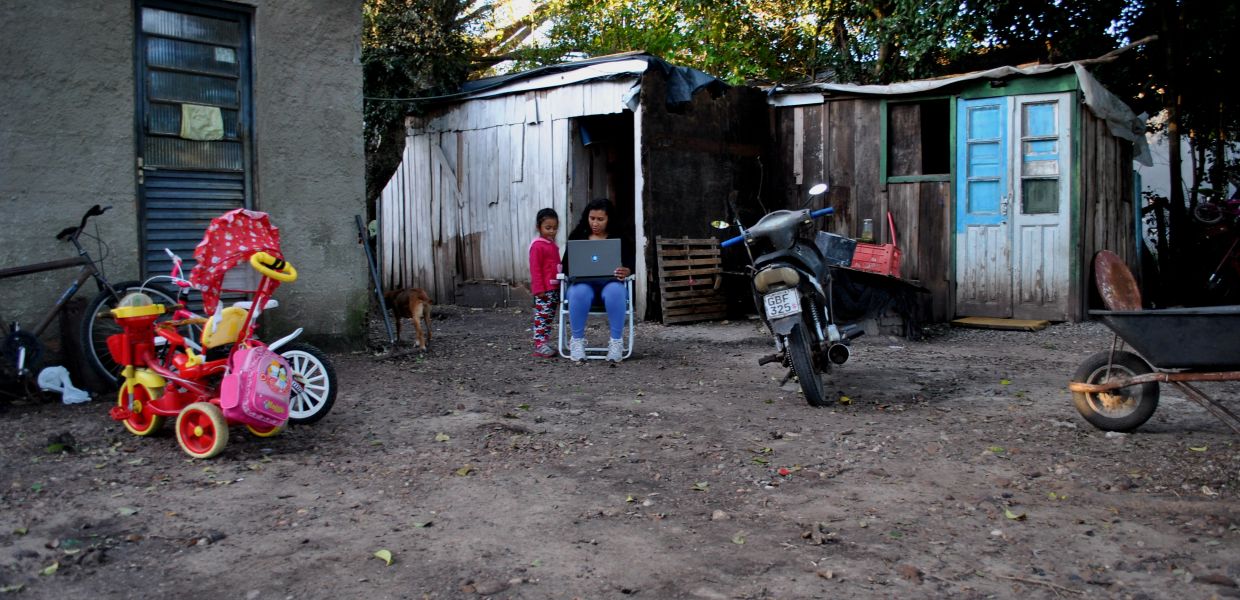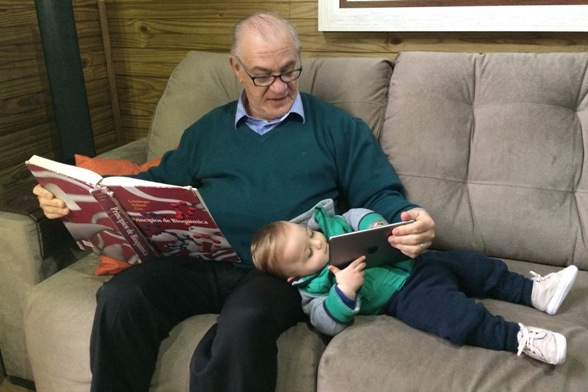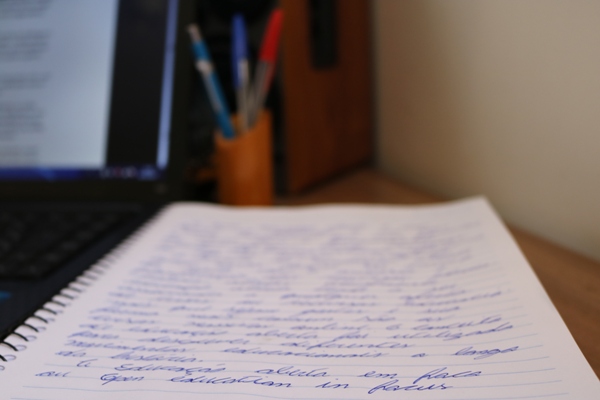What does open education look like from a Brazilian perspective?
How a photo contest in Brazil is raising awareness of open education within a university community.

Open culture is a global movement - as you’ll be seeing for yourself if you’re following our feature on the Year of Open website this month.
Today, we’re looking at how a photo contest in Brazil aimed to raise awareness of open education within a university community, encouraging students to see themselves as part of a collaborative learning community.
UnisulVirtual is the distance education campus of the Brazilian Universidade do Sul de Santa Catarina. UnisulVirtual ran a competition this summer as part of its seventh Cultural Exhibition, which, because 2017 is the ‘Year of Open’, was themed ‘Open education in focus’.
The contest was aimed at amateurs and asked them to share photos of spaces, events, attitudes, forms of expression, experiences, people or situations that represent how they feel about open education. Entrants were invited to represent a subjective, objective, poetic, or metaphorical interpretation of the theme because, as the organisers said, ‘Creative freedom goes hand in hand with Open Education’.
Three winners received up to 50% reduction on their UnisulVirtual undergraduate tuition fees for a term. That’s quite a prize! So, what does open education look like to the competition winners? Family and technology come through as strong themes.
Argemiro da Rosa Rocha won first place with his photo entitled, ‘Connection, Knowledge and Equality’ - see above.
Argemiro says, ‘The idea of free and open sharing is the most basic feature of education. The photo shows mother and daughter learning together in order to overcome their limitations (material and immaterial ones) and, by means of a global connectivity, to explore a universe rich in creative possibilities. Having education anywhere and accessing and sharing knowledge at any time means to evolve and to have in one´s hand the power to change one´s reality in the pursuit of a more just and egalitarian society.’
In second place, Guilia Goulart submitted this shot of a grandfather and grandson.
And in third place, an image from Ariel Santos Silva contrasts traditional pen and paper with the glow of technology.
The winning photos, all released with a CC BY licence, will feature in the virtual learning environment of each of UnisulVirtual's courses, on Unisul’s social media, and will be displayed during the II SIPPE – Symposium on Innovation in Research and Extension Practices in November.



